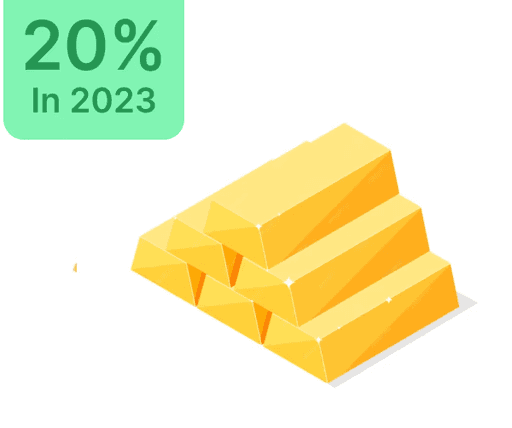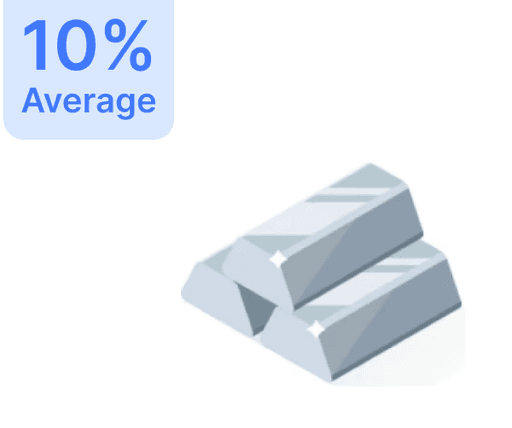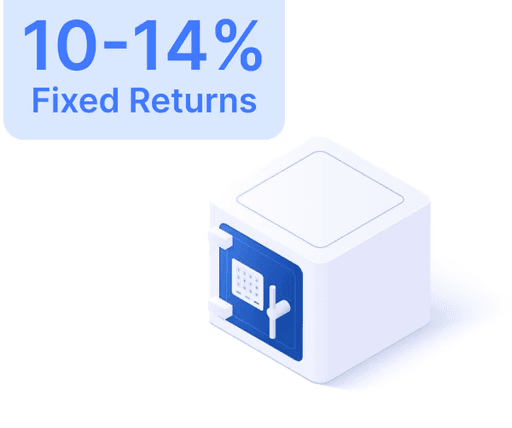
Is a Dividend Yield Fund Right for Your Portfolio?

 Jun 17, 2024
Jun 17, 2024 5 Mins
5 MinsA dividend yield fund is a type of mutual fund primarily investing in companies likely to pay consistent dividends to shareholders. The aim is to generate income by focusing on high-dividend-yield stocks. As per SEBI, these funds must allocate at least 65% of their assets to equity and equity-related instruments.
Such funds can be advantageous for specific investors. Those desiring a passive income can benefit from the regular payouts. They are also suitable for investors with a lower risk tolerance, as dividend yield funds are generally less volatile than other equity mutual funds.
When considering investments in dividend yield funds, factors like risk tolerance and investment tenures are crucial. Conventional investors focusing on portfolio stability might prefer funds with more large-cap equities. Assessing the fund's performance over different market phases can also be key, as funds that have weathered both bull and bear markets might offer better returns.
Top dividend yield mutual funds present multiple benefits. They provide equity exposure with lower risk than other equity-oriented schemes, thus appealing to those seeking better returns than fixed-income options. These funds pay regular income through the dividends declared by the companies in which they invest. Investors can choose to allocate funds via a lump sum or through a Systematic Investment Plan (SIP).
Despite their perks, it's important to be mindful of the risks with dividend yield funds. They face inherent mutual fund risks such as liquidity, credit, and market risks. Additionally, increased tax incidence on dividend income implies higher taxation for investors. The market risk affects the returns from these funds, making them non-guaranteed.
In summary, dividend yield funds can be an apt choice for those seeking passive income and for investors with a low-risk preference. It's vital to evaluate risk tolerance and investment tenure when selecting suitable funds. Also, one must be aware of the inherent risks and taxation issues associated with these funds. Overall, they offer an equity opportunity with diminished risk and potential high returns in the long run.




